
Banditry in Nigeria: Insights from Situational Action and Situational Crime Prevention Theories
Situational Action Theory explains banditry in Nigeria, while Situational Crime Prevention offers practical solutions for the banditry problem.

Situational Action Theory explains banditry in Nigeria, while Situational Crime Prevention offers practical solutions for the banditry problem.
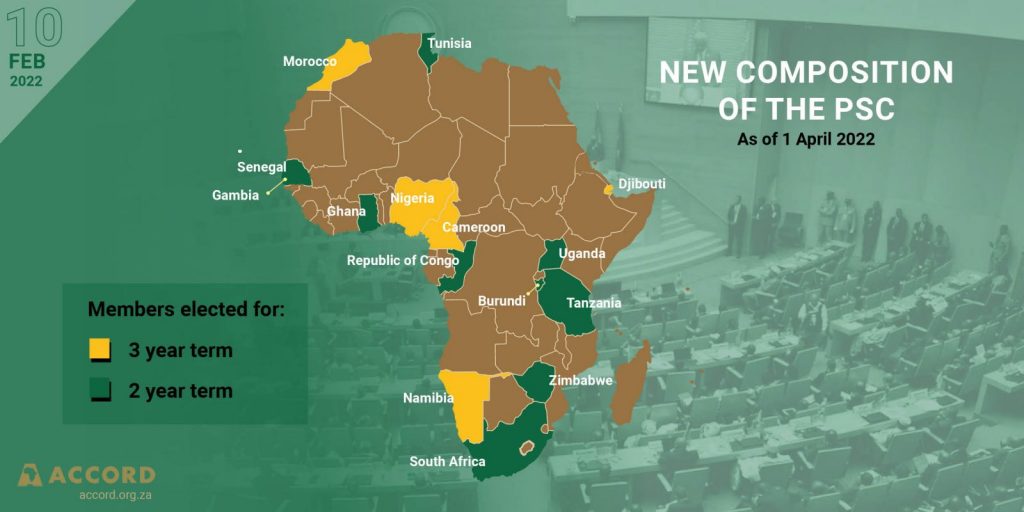
African leaders met at a particularly trying time for the continent. Notable deliberations and decisions emerged from the Summit. Leadership changes occurred in the top echelons of the institution.
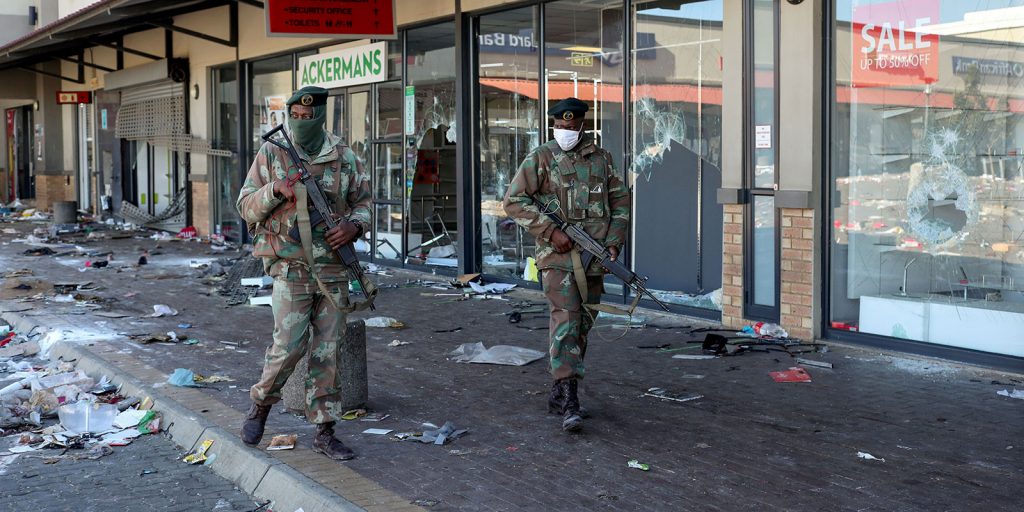
The situation in South Africa is a microcosm of what is prevailing in the rest of Africa. The marginalised majority have continued, over these three decades, to live in hope.
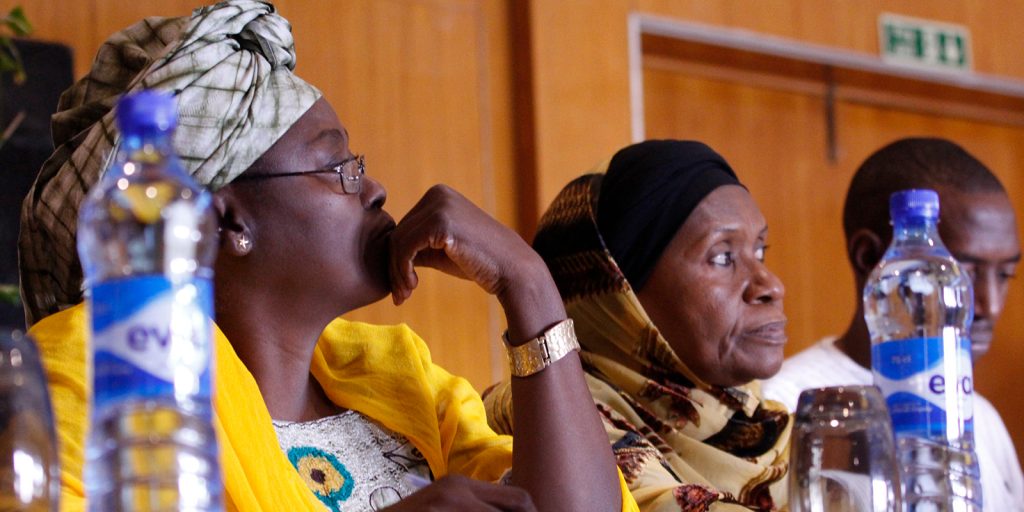
If politics is about who gets what, when, and how, then the political economy of managing diversity, especially in the era of competitive electoral politics, is also crucial to reflect upon.
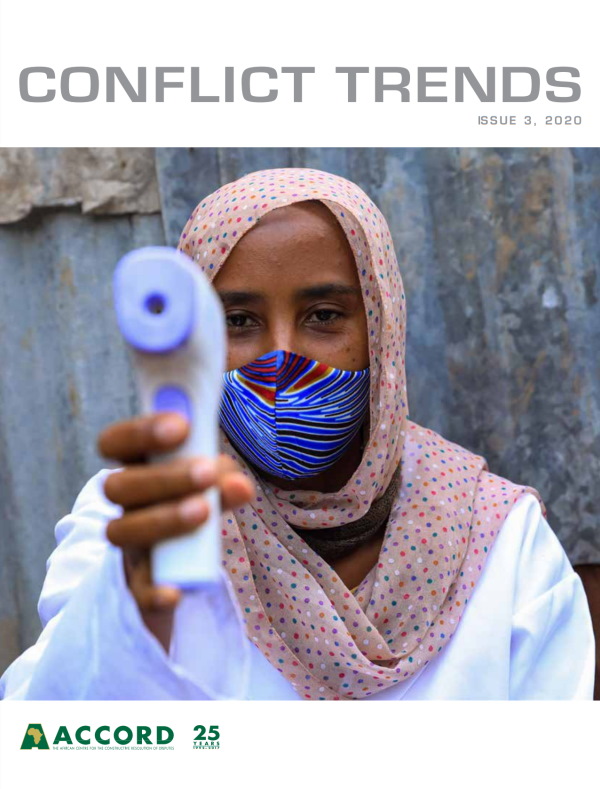

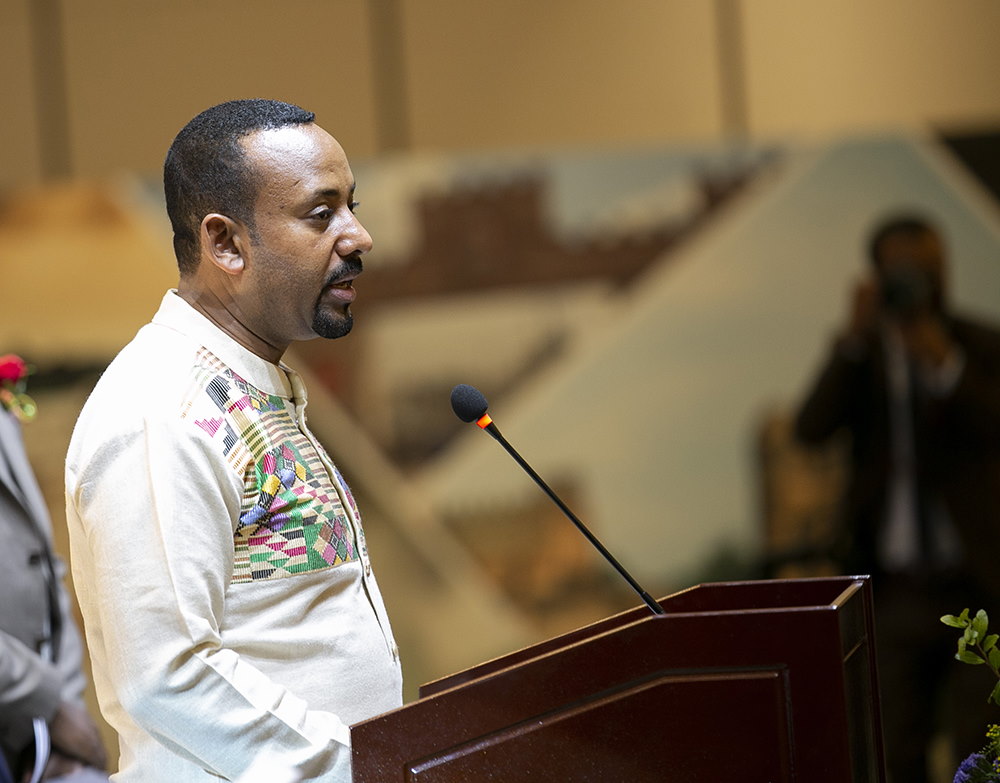
Highlighting the precarious standing of any regime attempting to transition towards democracy in a multi-ethnic state that is defined by relatively weak institutions.
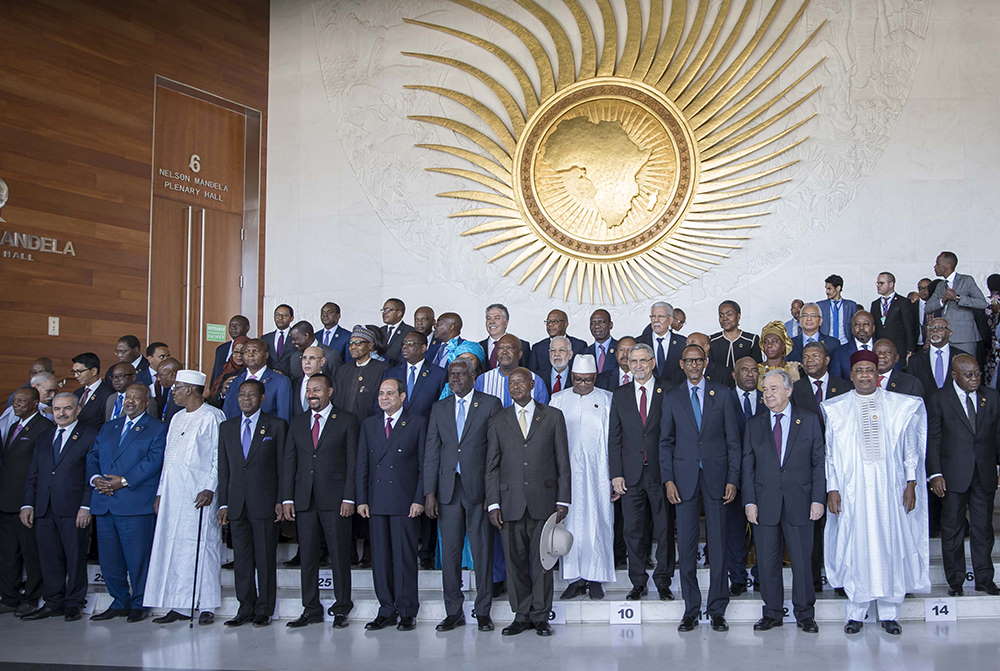
Examining the objective conditions that gave rise to current iterations of violence and assessing whether the policy measures and strategies adopted at the international, regional and national levels bring the continent closer to sustainable peace.
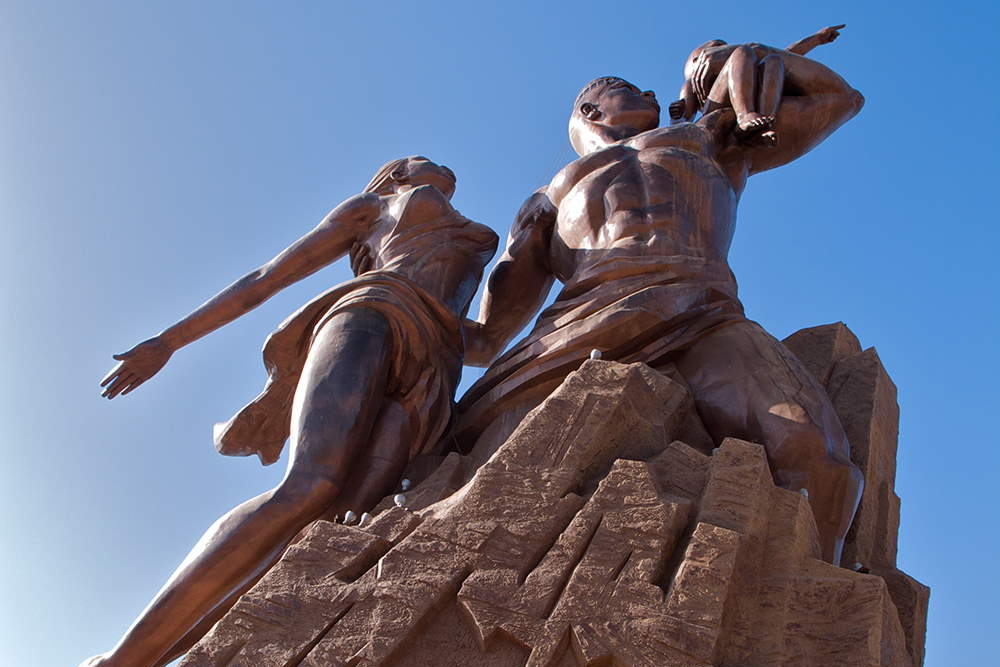
An appropriate response in situations such as the Lake Chad Basin and Rovuma Basin is to defend and promote African aspirations in a multinational response involving the AU, RECS and international partners.

Today, the world stands at a crossroads between a dying liberal democracy paradigm that has dominated the last three decades of global politics, economics and social change and a dangerous